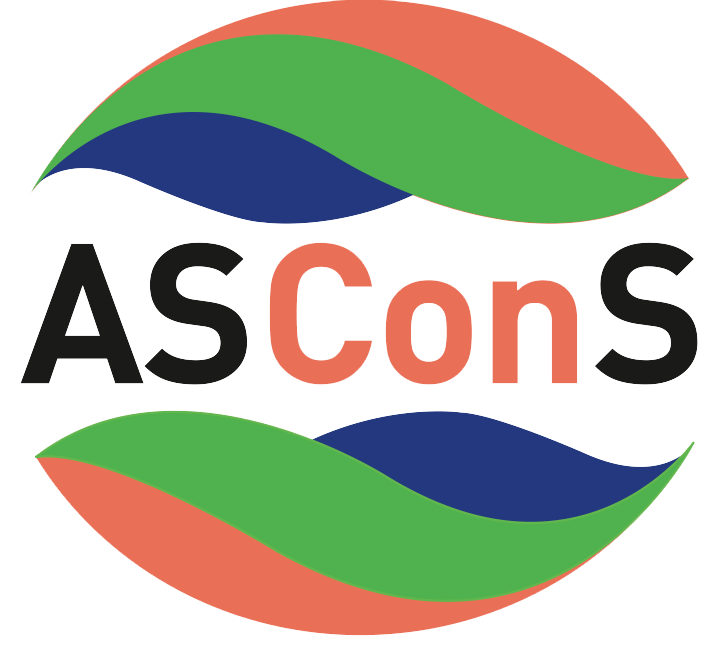Nan-Young Song and Su-hyun Kim,
Vol. 4, No. 1, pp. 6-11,
Mar.
2022
 10.22662/IJBSA.2022.3.1.006,
Full Text:
10.22662/IJBSA.2022.3.1.006,
Full Text:
 Keywords:
Self-care
Keywords:
Self-care,
Education Experience,
Diabetes,
qualitative Research,
content analysis
Abstract
Background/Objectives: This is a qualitative study that analyzed the contents of self-management education experiences of diabetic patients registered in the hypertension diabetes registration management project through in-depth interviews. Methods/Statistical analysis: Data collection was conducted for 6 diabetic patients enrolled at the Blood Pressure Diabetes Registration and Education Center in 2019. The data analysis of this study was analyzed using content analysis based on the recorded data of the in-depth interview and the transcribed data. Findings: As a result of the content analysis, the topic appeared as a motivation for participating in self-management education, participation experience, and demand for future education. Improvements/Applications: it is necessary to develop and verify a community-based self-management education program for diabetes patients by reflecting the participation experience and educational needs shown in the results of this study.
Statistics
Show / Hide Statistics
Statistics (Cumulative Counts from November 1st, 2017)
Multiple requests among the same browser session are counted as one view.
If you mouse over a chart, the values of data points will be shown.
Cite this article
[APA Style]
Kim, N. (2022). Experience for Self-care Education of Type 2 Diabetic Patients in Korea. International Journal of BioScience and Applications, 4(1), 6-11. DOI: 10.22662/IJBSA.2022.3.1.006.
[IEEE Style]
N. S. a. S. Kim, "Experience for Self-care Education of Type 2 Diabetic Patients in Korea," International Journal of BioScience and Applications, vol. 4, no. 1, pp. 6-11, 2022. DOI: 10.22662/IJBSA.2022.3.1.006.
[ACM Style]
Nan-Young Song and Su-hyun Kim. 2022. Experience for Self-care Education of Type 2 Diabetic Patients in Korea. International Journal of BioScience and Applications, 4, 1, (2022), 6-11. DOI: 10.22662/IJBSA.2022.3.1.006.
